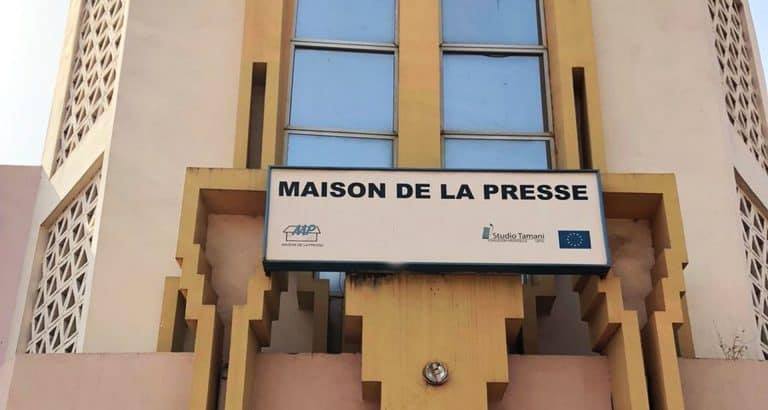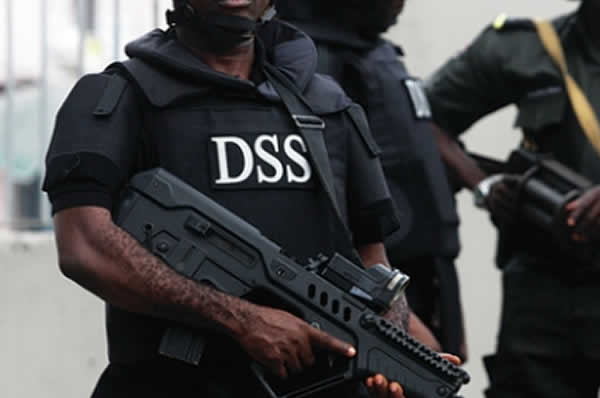On the occasion of the World Press Freedom Day celebrations, MFWA’s partner in Liberia, Center for Media Studies and Peacebuilding (CEMESP), has in a statement called on the country’s authorities to widen the civic space to accommodate critical and dissenting voices. CEMESP believes this will deepen freedom of expression in the country ahead of Liberia’s presidential and parliamentary elections in October this year.
Below is the full statement.
The Center for Media Studies and Peacebuilding (CEMESP) extends warm sentiments to Journalists and media workers in observance of World Press Freedom Day.
Freedom of the press—the right to report news or circulate opinion without censorship from the government or anyone else we all know is considered one of the great bulwarks of liberty, by a significant number of people around the world.
Liberians enjoy freedom of the press as one of the rights guaranteed by the constitution, and it is this right that World Press Freedom Day seeks to protect and advance.
Since the 1991 proclamation by UNESCO, World Press Freedom Day continues to amplify awareness over how key it is to dedicate our efforts to safeguard press freedom, and at the same time point out the vital role that journalists and media workers do play in fostering the culture of democracy, accountability, and protecting the rights that are too often denied.
In the discharge of these roles and responsibilities, many outstanding journalists have sadly died, some are either behind bars, held hostage or treated in unacceptable manners to deter others from holding the power that be accountable.
While Freedom of expression has considerably advanced in recent years, threats, harassment and censorship of the media remain pervasive.
As reported by the US State Department, Liberian “government officials have occasionally harassed newspaper radio station owners, and individual journalists, because of their political opinions and reporting”. Sadly, last year unknown men caused extensive damage to a radio station in Lofa during an alleged April 23 arson attack. On June 29, 2022, two LNP officers reportedly threatened to shoot Emmanuel Kollie, a reporter with the state-owned broadcasting system, and Amos Korzawu, a reporter for Fortune TV, while covering a political rally. Local and international rights groups have also recorded censorship or “Content Restrictions for Members of the Press and Other Media”, forcing some journalists into unacceptable self-censorship to avoid harassment.
As different global speech defenders, gather in various parts of the world to commemorate the 3oth anniversary celebration of World Press Freedom Day under the theme: “Shaping a Future of Rights: Freedom of expression as a driver for all other human rights”, CEMESP is urging the Government of Liberia and all of its state and security institutions to unequivocally commit to protect freedom of the press at all levels.
The government of Liberia must continue to widen the civil space for free and unhindered expressions to fulfill its commitments under local and international conventions.
The Center for Media studies and Peacebuilding is committed to advancing all the enabling elements of freedom of expression to enjoy and protect all other human rights.
In January this year, CEMESP with support from the Media Foundation for West Africa (MFWA) launched a Comprehensive National Framework for the safety of journalists in Liberia.
The Comprehensive National Framework will consolidate coordination among Liberian state securities and media actors to ensure the safety of journalists especially during the October 2023 presidential and parliamentary elections.
Finally, CEMESP wishes to express the significance of responsible, ethical journalism- a collective responsibility to abide by a code of ethics to avoid conflicts of interest that may compromise integrity or impartiality.
The importance of responsible journalism has never been more critical than now.
Professional journalists have an even greater responsibility in today’s Liberia to champion the truth, disprove fake news, and fact-check trending narratives to ensure the public has access to reliable information online. When do we start identifying and applying journalism ethics? It is now more than ever!






